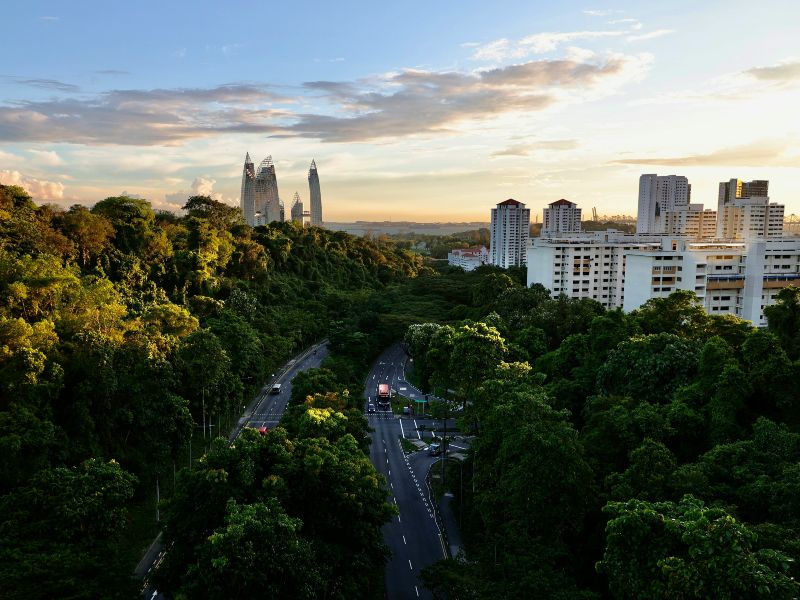Migrant workers from countries like Myanmar often pay significant sums to secure employment in Singapore, hoping for better opportunities. Unfortunately, many face unexpected challenges upon arrival.
The Case of Pyae Sone
Pyae Sone, a 21-year-old from Myanmar, left his botany studies to support his family. He paid a Yangon-based agency S$5,800 for a kitchen assistant job in Singapore, with a promised salary of S$1,600 per month. After taking out loans to cover the fee, he arrived in Singapore in June, only to be dismissed within a month.
The local agency claimed he refused tasks and cited an accidental shoe disposal as grounds for his termination, allegations he denied. Offered the choice of paying another S$2,000 for a new job or accepting a partial refund, Pyae Sone chose the refund due to financial constraints, receiving S$2,000 back. Now back in Myanmar, he hopes for another chance to work in Singapore.
Recruitment Challenges
Migrant workers like Pyae Sone often pay hefty fees to agencies for jobs in Singapore, driven by the promise of a better life. However, once in Singapore, many discover that their jobs are not as advertised, with limited options for recourse or finding new employment.
Local Players and Regulatory Oversight
Local and international recruitment agents play key roles in this ecosystem. For instance, Bangladeshi worker Jaynal MD paid nearly S$7,000 for a job, only to find himself without one. Investigations into the involved parties, such as DairyFolks and IM Employment Agency, are ongoing.
Migrant workers require an In-Principle Approval (IPA) from the Ministry of Manpower (MOM) to enter Singapore. Local agents must facilitate this process, ensuring accountability and regulatory compliance. However, the system is susceptible to abuse, with agents sometimes charging exorbitant fees and misleading workers about job conditions.
High Recruitment Fees and Debt
Recruitment fees can range from S$5,000 to S$16,000. Bangladeshi workers, in particular, face higher fees. First-time workers may pay between S$13,000 and S$16,000, while repeat workers pay less. Agents often justify high fees with claims of administrative costs, but these are often deceptive, with multiple parties, including employers, taking a cut.
Cases of workers arriving in Singapore only to find their jobs nonexistent or conditions different from promised are not uncommon. Organizations like Transient Workers Count Too (TWC2) and Humanitarian Organisation for Migration Economics (HOME) report numerous cases each month where salary terms are not honored.
Agency Responsibilities and Industry Practices
Licensed employment agents in Singapore are limited to collecting fees equivalent to one month’s salary per year of employment, capped at two months. These fees cover various services, including orientation, administrative procedures, and grievance resolution. However, unlicensed recruiters and deceptive practices remain prevalent.
Some industries, like semiconductors, have better practices, with employers covering recruitment costs. However, this is not the norm, and many workers still face high fees.
The Role of Direct Hiring
An increasing trend is direct hiring by employers, bypassing agents. While this reduces fees, it also increases risks of mismatched expectations and potential fraud. The Ministry of Manpower (MOM) has considered creating a central jobs portal to eliminate the need for middlemen, but challenges in regulating intermediaries persist.
Conclusion
Migrant workers face significant financial burdens and uncertainties when seeking employment in Singapore. While agencies play crucial roles in facilitating employment, the system is fraught with challenges and abuses. Greater regulatory oversight and innovative solutions, like a central jobs portal, are needed to protect workers and ensure fair practices.

